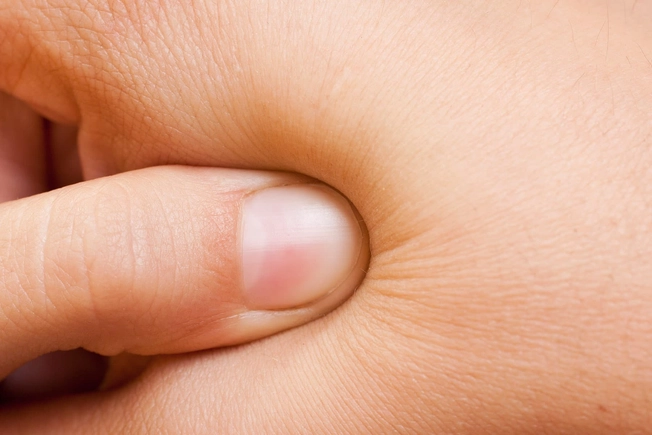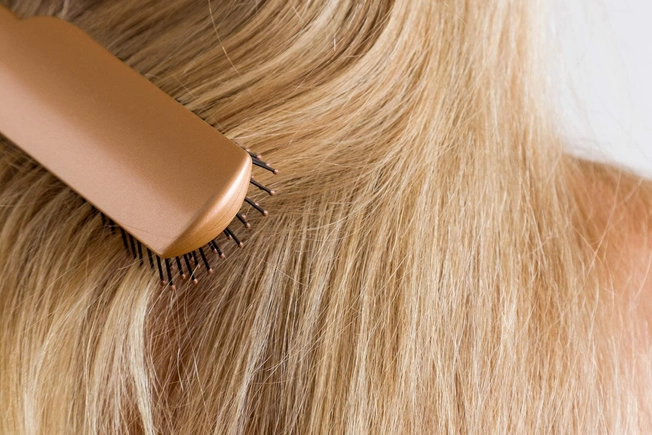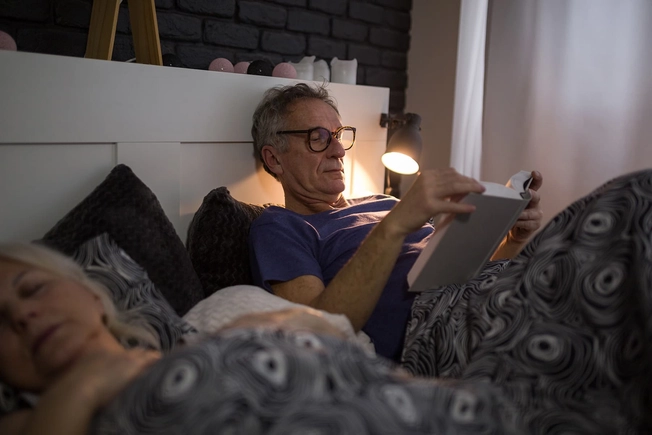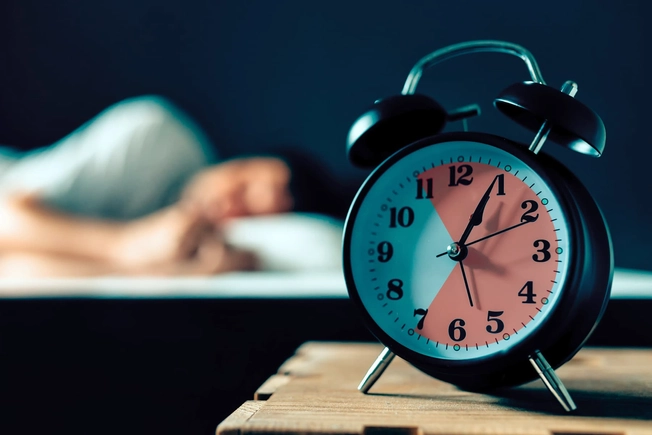New Ideas in Sleep Hygiene


Tried the Usual Remedies
You may already know the standard advice for getting better sleep, practices known as “good sleep hygiene.” They can include keeping your bedroom cool and dark, limiting caffeine and screen time, and going to bed at the same time each night. If you still have trouble drifting off, you may want to look at some new things that people are trying so they can fall asleep.

Aromatherapy
Might you rest better with certain smells around you? Science says yes. A review of several studies found that breathing in some scents improved how well people slept. There’s evidence that lavender, peppermint, chamomile, and marjoram and orange oil all work, along with other smells.

Acupressure
This form of traditional Chinese medicine involves pressing your fingers and thumbs at specific points on your body. It’s based on the same idea as acupuncture. Researchers have found that the practice can help you sleep, particularly nodding off faster and resting longer.

ASMR
Autonomous sensory meridian response is a sensation some people feel when they see or hear specific sights and sounds. It feels like a tingle along the scalp and back of the neck. The audio and visuals, which you can find online, are of people doing everyday, calming tasks, such as folding towels, brushing hair, or the sound of someone whispering. When some people watch or listen before bed, it helps them relax and fall asleep.

Listen to the Colors
You may have heard of using a sound machine or app to improve your sleep environment. But you may not know that masking noise comes in different hues, including white, pink, and brown. The difference has to do with the level of sound frequency. One study found that pink noise improved deep sleep for older people. You can find audio clips online or try a different app setting to see if switching sound shades works for you.

Paradoxical Intention
Sometimes your worry about not getting to sleep becomes one of the very things that keeps you awake. This cognitive behavioral technique helps combat that anxiety. Here’s how it works: Stop trying to fall asleep. In fact, stay awake as long as you possibly can. In theory, this should ease the stress around sleep and let you nod off. It may sound like the opposite of what you should do, but research says it works.

Sleep Restriction
This is another type of behavioral therapy. You give yourself a specific amount of time in bed each night, with a rigid bedtime and wake-up time and no napping allowed. Stick to the plan for at least 2 weeks. Although you may be tired at first, studies show this approach works to improve insomnia.

Practice Forgiveness
When you settle into bed at night, is that your first chance to review your day? Do you find yourself upset about all the things you wish you’d done differently? Emotions like guilt and regret may keep you awake, researchers have found. Scientists already know that forgiving others can help you sleep better. The idea is that extending compassion to yourself might ease insomnia, too.

Weighted Blanket
There’s science behind this cocooning trend. These covers have pellets inside -- usually plastic or metal -- to give them a uniform heft. One study in Sweden found that people who used the coverings slept longer, were less restless, and reported that they felt more refreshed in the morning.

Visualization
This technique puts your imagination to work. Sometimes called guided imagery, it involves focusing on an idea that makes you feel peaceful. It works best when you use all of your senses. What do you hear? See? Smell? Taste? If your mind drifts to your daily worries, just direct your thoughts back to your relaxing scene.